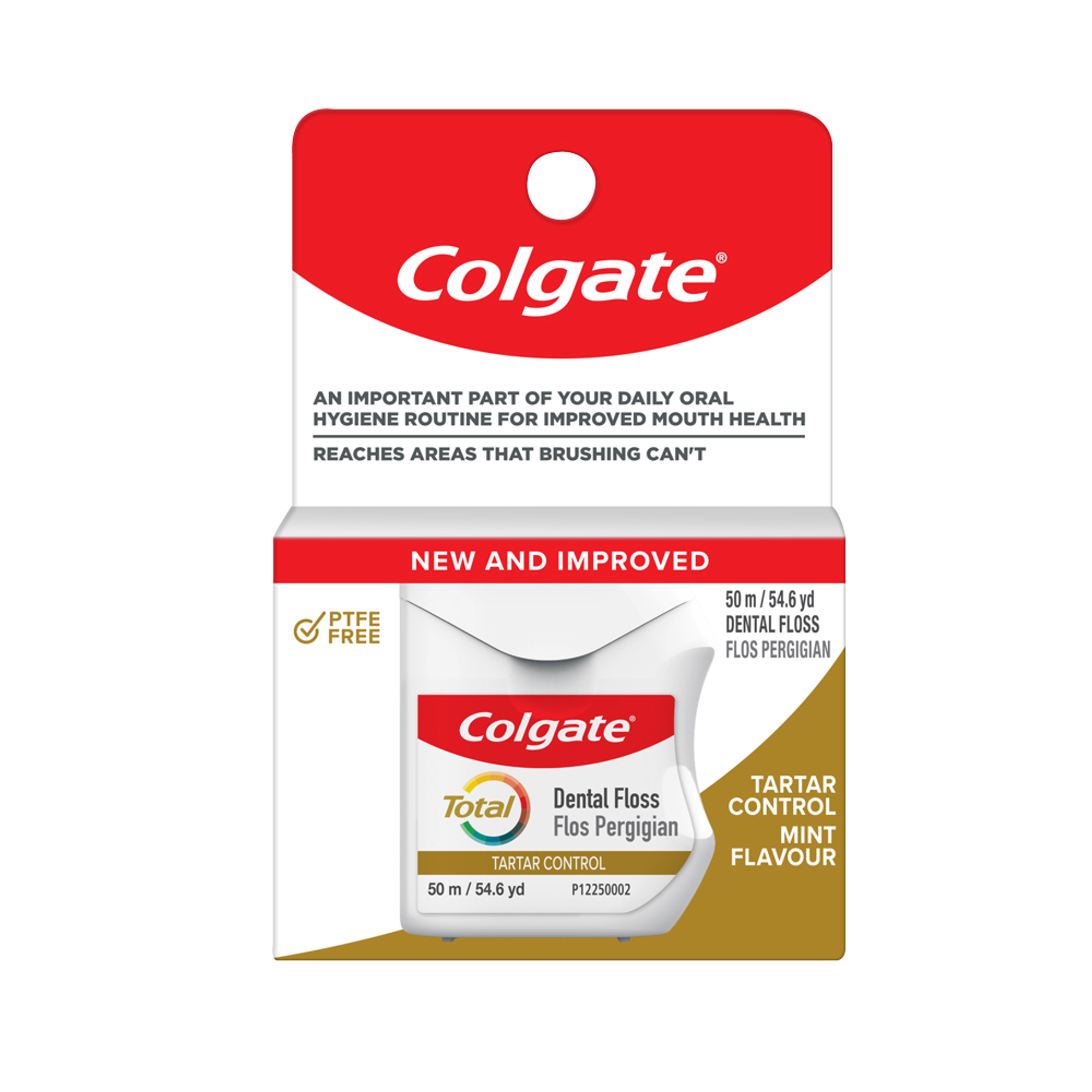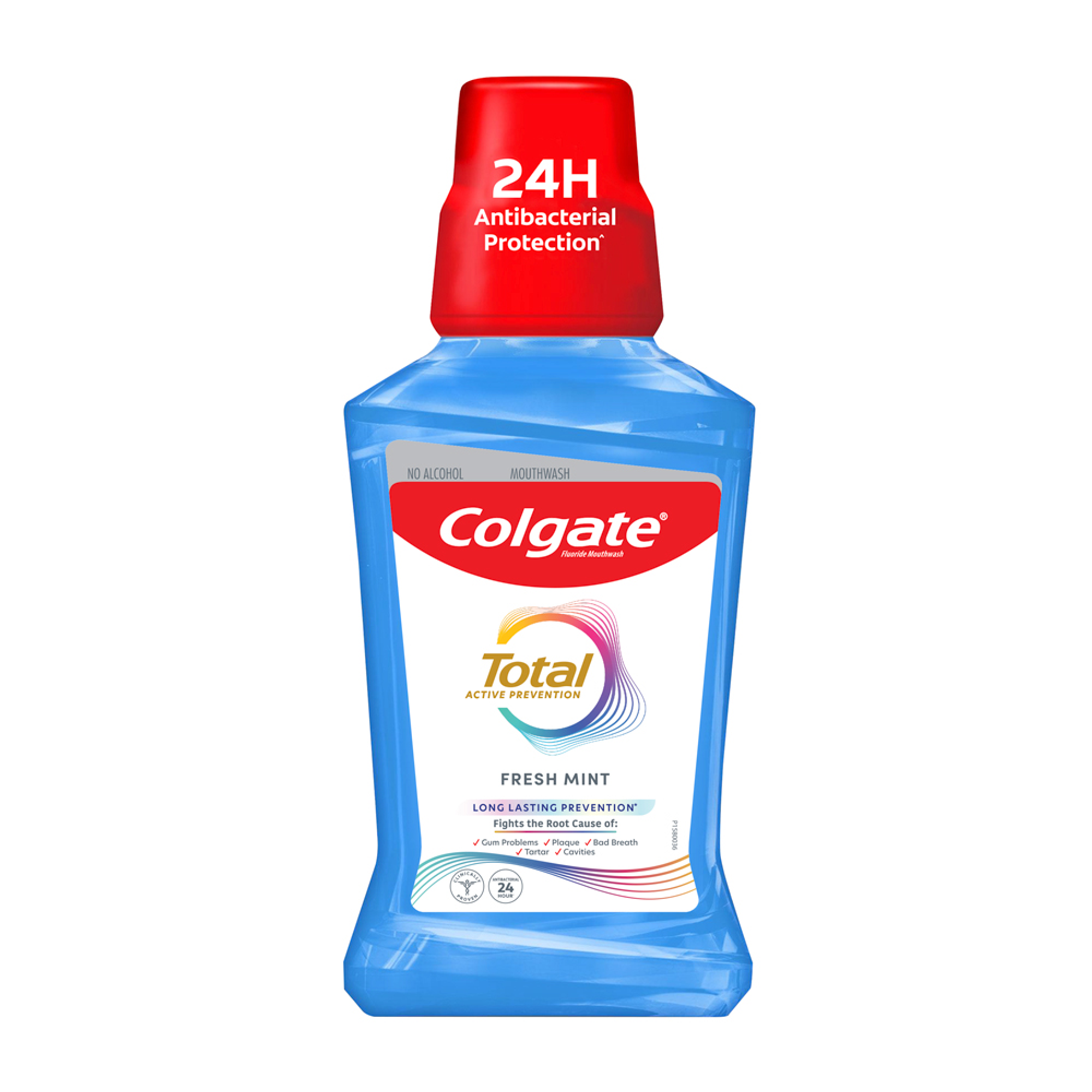- Oral Health and Dental Care | Colgate®
- Oral Health
- What Is Trench Mouth?


One of the most serious and painful types of gum disease is called trench mouth. According to Healthline, the name dates back to World War I, the first war in which soldiers experienced prolonged periods of trench warfare. Because they were under significant stress and did not have time to take care of their teeth or seek treatment, they often developed painful and bleeding gums.
Who Is Affected By This Condition?
Trench mouth can affect anyone who does not practice proper mouth care, or who cannot or does not access regular dental cleaning, though it is quite rare in nations with modern healthcare. It is still sometimes observed in younger males, possibly due to the reluctance to seek treatment until it becomes very painful. Other factors include a poor diet and a lack of knowledge about oral hygiene.
What Additional Factors Put a Person at Risk for Trench Mouth?
The disease can be caused or exacerbated by factors such as a compromised immune system, a history of smoking, infections in the mouth or existing health conditions like diabetes or HIV/AIDS. A history of gingivitis (gum disease), especially in combination with poor oral hygiene and missed dental appointments, can greatly increase the chances of developing this condition. Inadequate nutrition and diet choices can also be contributing factors.
What Are the Symptoms of Trench Mouth and How Is It Diagnosed?
Patients may experience a combination of several different symptoms, says The New York Times.
- Bleeding gums and pain caused by touching or brushing the teeth
- A metallic taste or smell coming from the mouth
- An increase in swelling of the gums
- Flu-like symptoms, including fatigue and fever
A simple oral exam by a dentist is enough for a diagnosis with the above symptoms, and the condition can be initially treated with a cleaning of the gums and teeth by a dental hygienist.
To decrease infection, a dentist may prescribe antibiotics, along with an antibacterial rinse. The rinse can also be used by the dental hygienist during the cleaning to help relieve the pain caused by the infected gums.
Once the patient is relieved of the symptoms of this painful condition, regular visits to a dentist and dental hygienist will help prevent it from occuring again, and ensure a lifetime of healthy gums.
Related Products

Helping dental professionals
More professionals across the world trust Colgate. Find resources, products, and information to give your patients a healthier future













